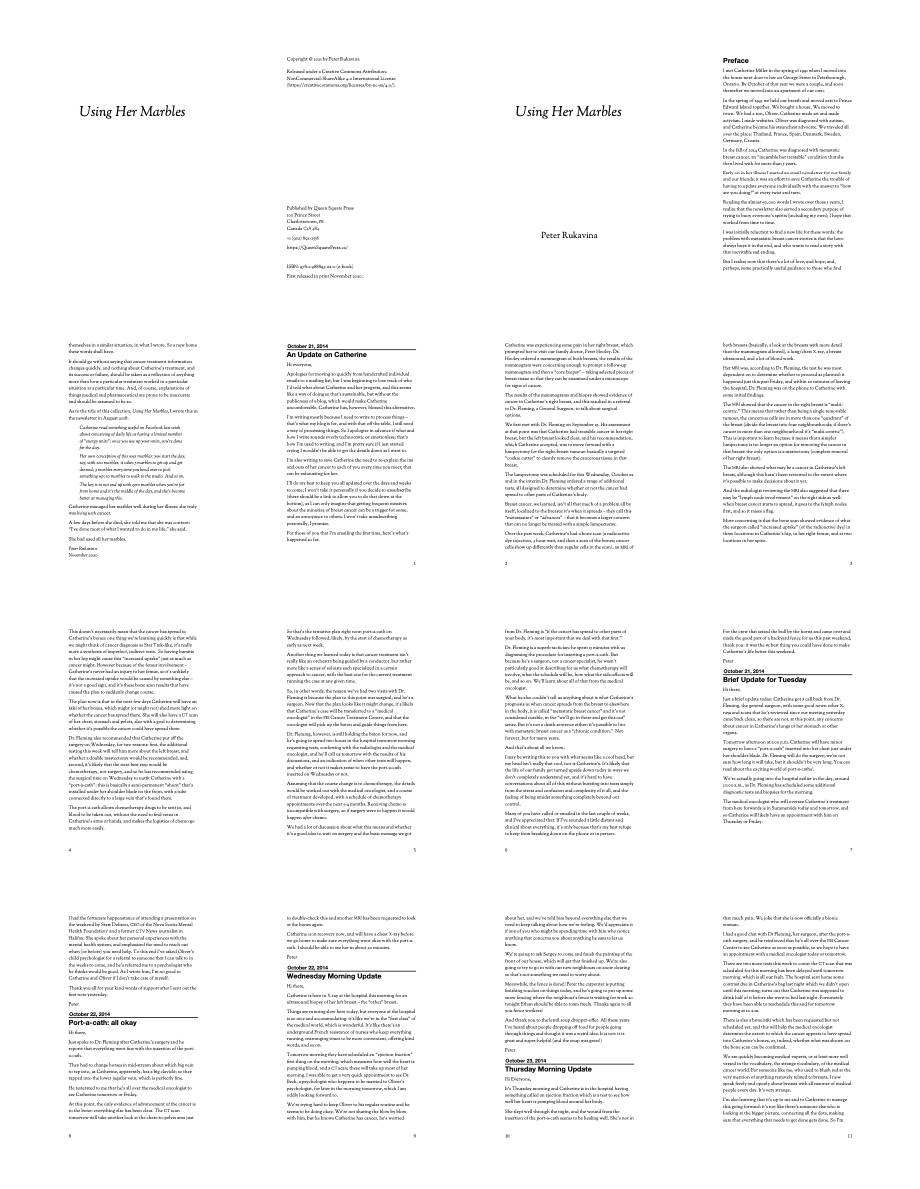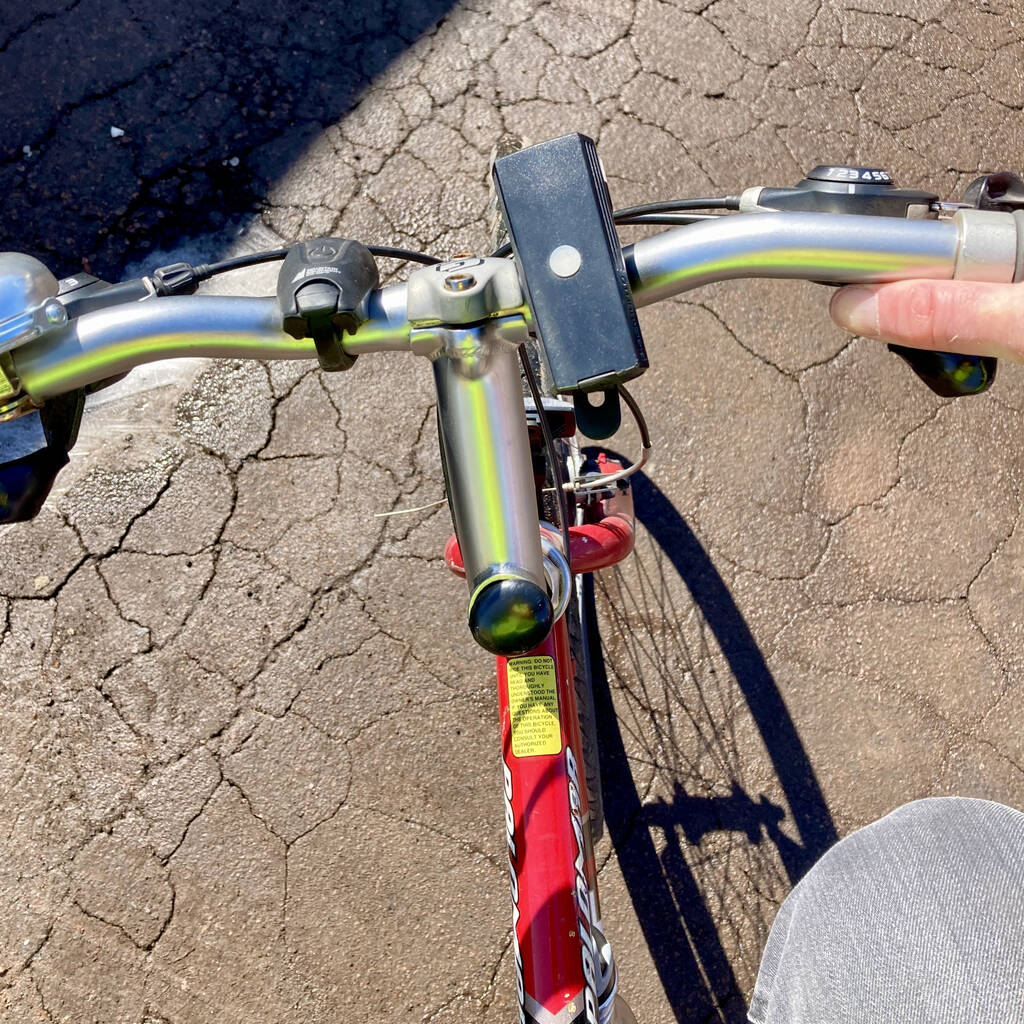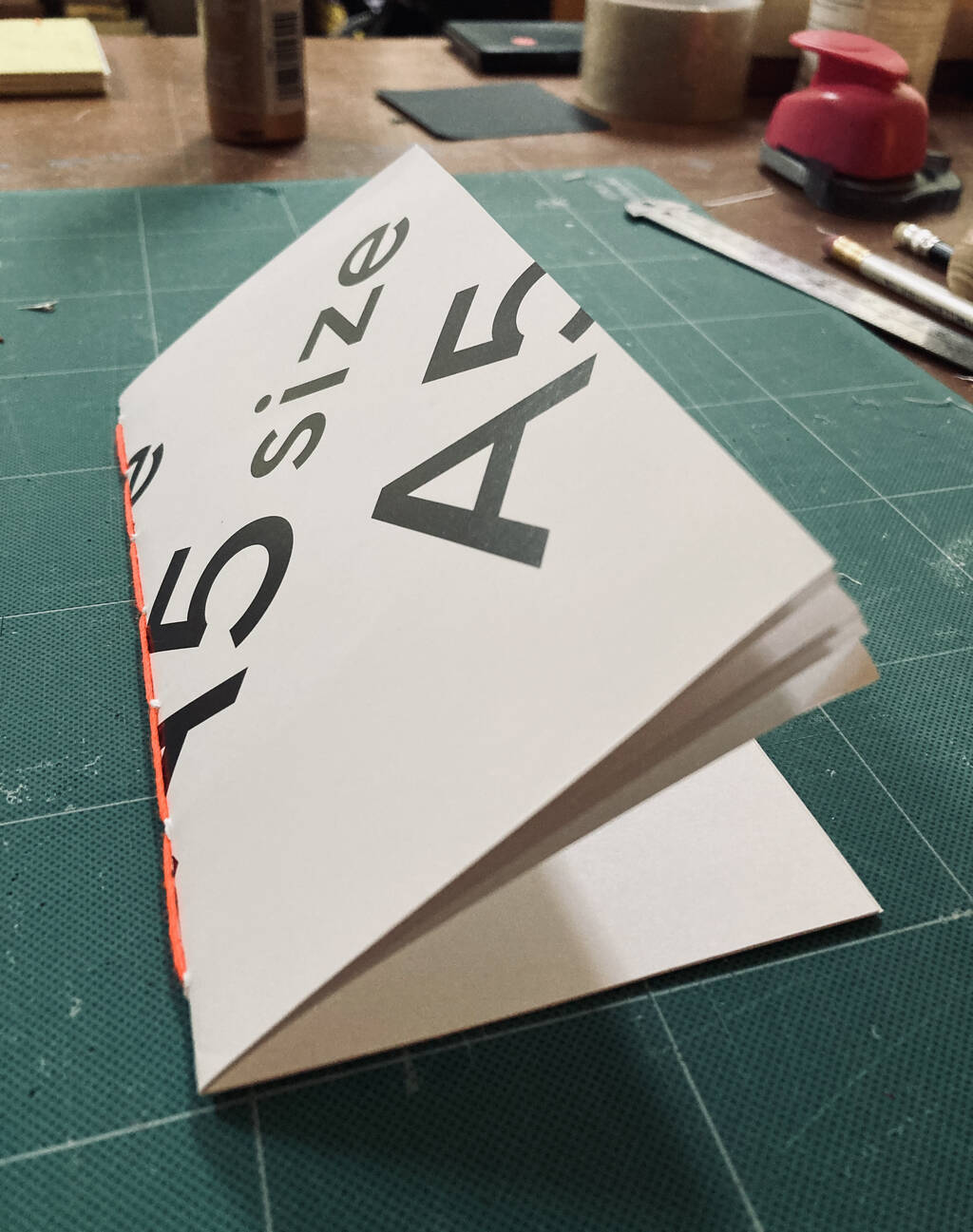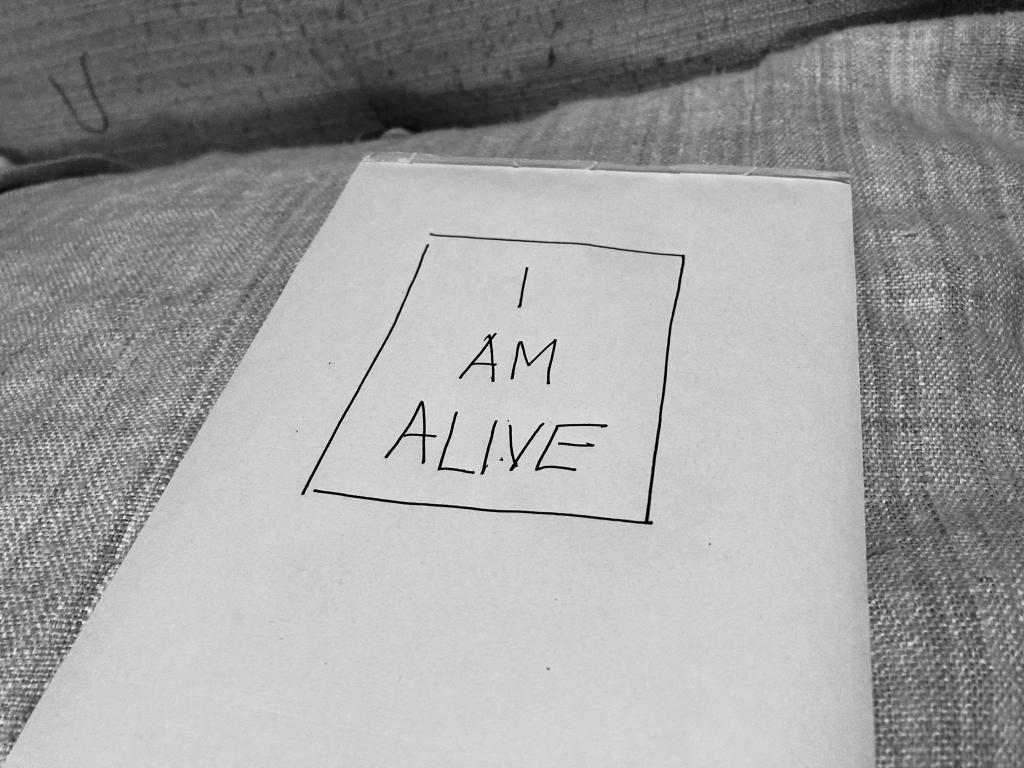Opposition Social Development and Housing critic Hannah Bell has tabled Motion 30 – Social assistance vision care in the Legislative Assembly of PEI, and it bears paying attention to, as it addresses both a specific deficiency in the Island’s Social Assistance policies, and the larger issue of why they are so seldom updated.
The specific issue: Social Assistance will provide $54 for an eye exam and $115 for eyeglass frames and lenses, rates that have not been updated since 2007.
As anyone who’s ever gone for an eye exam knows, eye exams don’t actually cost $54 (the last one I had cost $125).
And as anyone who’s ever gone shopping for eyeglasses knows, eyeglasses don’t actually cost $115.
This makes no sense.
High-quality, properly corrected vision, reviewed regularly, is a necessary precondition for employment and education, to say nothing of simply being able to exist day to day with confidence and comfort.
My eyeglasses–progressive bifocals with prisms that cost several multiples of $115–are basic to my ability to exist; without them I could not work, drive, read a book, watch television, or make out the ingredients on a pill bottle. All Islanders deserve the right to these things.
Motion 30 is a modest, targeted motion with three asks:
- Urge government to review this policy and increase the fee paid for visual assessment to align with the current average fee.
- Urge government to increase the coverage for basic frames and lenses or contact lenses to reflect current average cost.
- That these increases be done in consultation with the PEI College of Optometrists.
I encourage you to contact your MLA to encourage them to understand this issue, and to support Motion 30.
While I remain steadfast in my belief that books are meant to be made of paper, I also know now, firsthand, how much energy it takes to schlep printed books around when they’re ordered.
As such, I have, at long last, created an ebook version of Using Her Marbles, the book that I published in print in the fall that chronicles the five years that our family spent living with Catherine’s incurable cancer.
If you need a quick way to share that, UsingHerMarbles.com will get you there. Delivered as a PDF.

I took my bicycle off the road for winter 101 days ago, on December 12, 2020.
Today, with the roads dry, the temperature 11ºC, the weather sunny and windless, and the prospect of bánh mì to be had out the Avenue, I grappled the bike out of the basement, topped up the tires, donned my helmet and safety vest, and started cycling season earlier than I ever have, 26 days earlier than I did last year.
Oh how I missed it.

Credit due to Brother Steve in Montreal for the inspiration: he was out for his first cycle on the weekend, and jealousy and competitiveness were all the extra push I needed.
Who among us has not found themselves in a remote cottage with no playing cards and a hankering for gin rummy, and set out to create a deck from found objects.
This morning’s Everyday Book is a variation on that theme: come into the shop, make a book out of the first thing my eyes land on. A shipping tag.

John Matthias‘ tale in The New Yorker of Parkinson’s, visions, COVID, psychiatric commitment, and death is an overwhelming read.
I was sad to read of the passing of Gary Ellis this morning.
In the spring of 1995, after spending two years on the Island, and beginning to plant tentative roots, Catherine and I decided that we’d outgrown our apartment, and realized that we had the financial wherewithal to support a modest mortgage, so we started looking for a house.
I was driving down the Colville Road one day and spotted a house just past Clow’s Red & White that had a for sale sign on it; I looked it up when I got home, and found it was for sale for $33,000, which seemed rather amazing all things considered. Floyd Buell was the realtor, and I called him up and arranged a viewing. As we found years later when I made the acquaintance, through other means, of the next-door neighbour, the house had in fact been constructed from the rubble of an old house on the lot next door; it was a touch too ramshackle for us, so we moved on.
But we took Floyd with us as our real estate agent, and over the following weeks we looked at a lot of really, really horrible houses in our price range. Houses with basements full of water, houses with half-complete renovations and fibreglass insulation leaking out everywhere, houses much too far from town for Catherine, not a driver, to imagine living in.
And then Floyd showed is a house in downtown Kingston, around the corner from that original house that had set us down this path. It was close to town, in need of some love, but not irredeemable, and came with a tiny sliver of land.
We put in an offer. It was refused. We countered. Refused. We walked away.
Two weeks of radio silence later, the sellers came back to us with a reasonable proposal, and we accepted.
The sellers were Gary and Teresa Ellis.
We moved in on July 1, 1995 and lived there for a very happy 5 years. Catherine built a studio–still standing–in the back yard. We planted trees. Replaced the septic system and the furnace. Kept a garden. Met the neighbours. Got very familiar with the stretch of the Kingston Road into town, to the point where I could have likely navigated it blindfolded.
While we’d never met Gary or Teresa during the purchase process–the real estate industry thrives on keeping buyers and sellers dispassionately apart–the next time I went to get my car fixed at Canadian Tire, he ended up, by happenstance, as my mechanic, and we did a little bit of the “oh, so you’re…” dance.
I’d see Gary every now and again at the garage, until, a few years later, he opened his own place up toward Emyvale, and after that we most reliably ran into each other at the New Year’s Levees every January 1, like clockwork.
I didn’t know Gary well, but he always had a smile on his face, he was a kind and patient mechanic, and I always enjoyed starting out a new year by shaking his hand.
He will be missed.
The rigour I’ve brought to the Everyday Book practice has waxed and waned, but I went back at it this morning. Perhaps I should reasonably pace myself and recast this as “Everyday Book Every Monday.”
I only had 15 minutes before diving into Zoom, so this was a quick one, a pamphlet-stitched book using a scrap of packaging saved in the paper-upcycling pile:

The Guardian reports Missing 12-year-old girls found after night locked inside train.
Falling asleep on a train or bus past my stop was a perpetual fear of mine as a kid. I’m not sure why the prospect of waking up in Freelton or Bowmanville was so terrifying, but it was. I used to have nightmares where I’d lose the ability to talk to the bus driver and he’d blithely glide past my stop.
Years later I was waiting for my girlfriend at the train station in Brantford; when the train arrived, she didn’t get off. A few hours later—this was in the years well before mobile phones—she called from London, where she’d finally woken up. No harm no foul: I hopped in my Datsun and drove to London to retrieve her.
In 2013 Oliver and I took the train to visit the Fushimi Inari Shrine in Kyoto. Except we caught the express train rather than the local, and were halfway to Osaka before we realized our error. ‘Twas easily solved: we got off at the first stop, doubled back, and were only delayed 20 minutes. Regardless, this was branded The Kyoto Situation, and has proved a helpful reminder in the years since, for both of us, that for every problem there’s a solution.
I hope their adventure provides the same comfort, ultimately, for the girls in West Dunbartonshire.
On Saturday night Oliver and I attended the latest of Theatre Horizon’s Art Houses performances, The Peay Family, directed by Marisol Rosa-Shapiro.
Toward the end of the show the members of the Peay family cast each read out a series of affirmations about themselves, bold declarations all, and then we in the audience were invited write our own, turn on our Zoom cameras, and share.
Embedded as I am in a place where any hint of tall poppyism results in the severest censure, the best I could muster was I Am Alive. True, but also the most basic necessary precondition for making an affirmation at all.
As it happened, my friend L., also in the audience, came up with the exact same declaration.
So, yea!, L., we’re alive!
And we need to get better at realizing and affirming our strengths.

 I am
I am